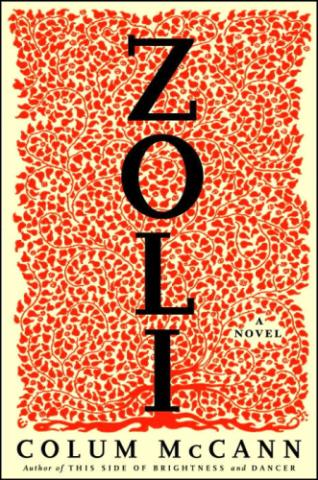
Аннотация
In his bittersweet fourth novel, McCann chronicles the imperiled world of the Slovakian Roma (Gypsies, to their enemies) from World War II through the establishment of the Communist bloc. After the pro-Nazi Hlinkas drown the rest of her family, six-year-old Zoli Novotna escapes with her grandfather to join another camp of Roma, where she discovers a gift for singing. At her grandfather’s urging, she also breaks a Romani taboo and learns to read and write. She later becomes involved with poet Martin Stránský, and her poems, which draw on her Roma heritage, are promoted by Martin as the harbinger of a “literate proletariat” and a new Gypsy literature. Her growing fame, however, betrays her when the Communist government appropriates her work for its project to assimilate the Roma. Condemned by her own people and, as a Roma, alienated from the Slovaks, Zoli finds her way to a new home. The narrative switches between third- and first-person, though it is strongest when narrated by Zoli. McCann does a marvelous job of portraying a marginalized culture, and his world of caravans, music and family is rich with sensual detail.


![РОМАН ОСНОВАН НА РЕАЛЬНЫХ СОБЫТИЯХ.
Бассам Арамин – палестинец. Рами Элханан – израильтянин. Они живут в мире без Мира, где бал правит взаимная ненависть. Повсюду... Апейрогон. Мертвое море [litres][Apeirogon]](https://www.rulit.me/data/programs/images/apejrogon-mertvoe-more-litres-apeirogon_916804.jpg)
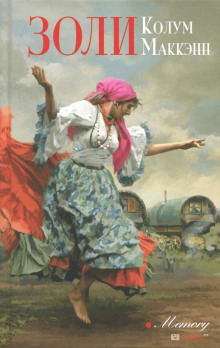
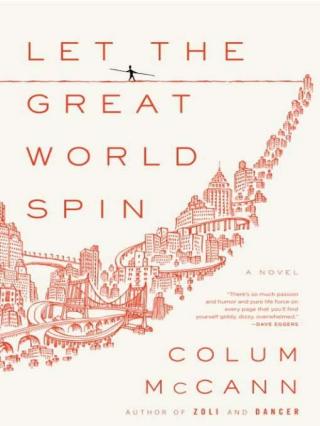

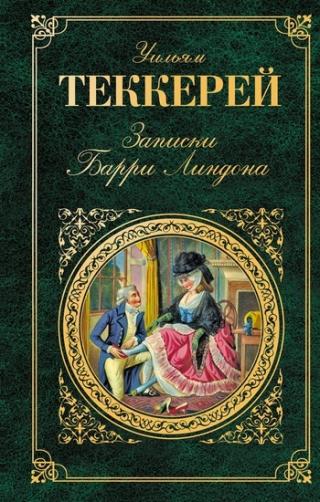
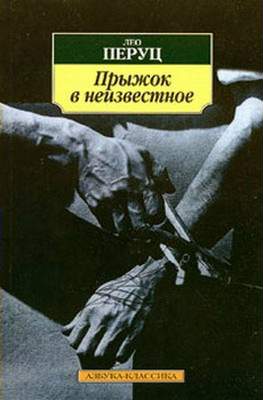
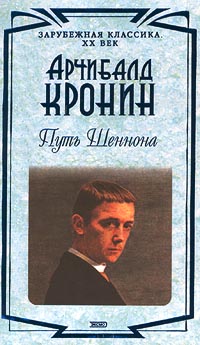
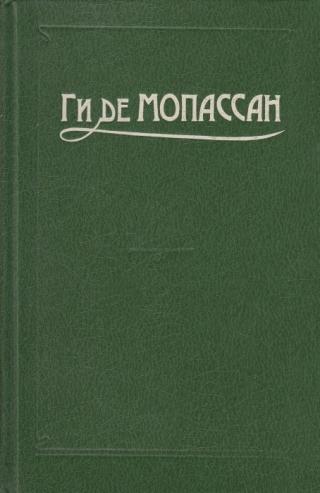
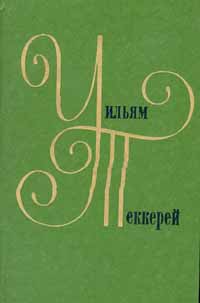

Комментарии к книге "Zoli"